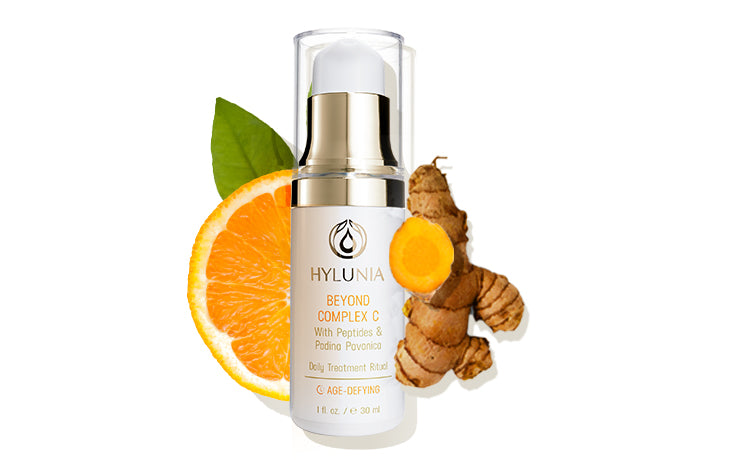Rosacea, Redness, Sensitive Skin
What are Rosacea, Redness and Sensitive Skin?
According to The American Academy of Dermatology, rosacea is a common skin disease. It often begins with a tendency to blush or flush more easily than other people. Rosacea affects the skin and sometimes the eyes.
The redness can slowly spread beyond the nose and cheeks to the forehead and chin, ears, chest and back.
Signs of Rosacea
The signs of rosacea are most commonly:
- Flushing
- Persistent redness of the face
- Visible broken blood vessels
- Eye irritation
- Burning or Stinging
- Skin Thickening
- Swelling
- Dry skin
- Roughness
- Scaling
- Redness
- Red bumps
- Small cysts
- Pustules
- Red, bulbous nose
What Causes Rosacea?
Researchers don’t know the exact cause of rosacea, but some influencers are:
- Genetics
- Compromised immune system
- An intestinal bug H pylori
- The demodex mite, which lives on everyone’s skin.
- Cathelicidin, a protein that usually protects the skin from infection
Rosacea may be also be triggered by exposure to:
- Central heating
- Vigorous exercising and heavy lifting
- Weather such as sun exposure, wind and extreme hot or cold temperatures
- Strong emotions including stress, anger and embarrassment
- Saunas or humid climates
- Hot baths
- Menopause
- Alcohol consumption
- Hot or spicy foods and drinks
- Certain medications, including corticosteroids
- Caffeine
- Dairy products
- Acute medical conditions
- Coughing, fever and colds
Types of Rosacea
There are four types of rosacea:
|
Type |
What it is |
|
Erythematotelangiectatic rosacea |
Redness, flushing, visible blood vessels. |
|
Papulopustular rosacea |
Redness, swelling, and acne-like breakouts. |
|
Phymatous rosacea |
The skin thickens and has a bumpy texture. |
|
Ocular rosacea |
The eyes are red and irritated. Eyelids may be swollen. |
Managing Rosacea
There are several ways to manage rosacea:
Skin Care Regimen
- Practice a gentle skin care routine. Use gentle cleansers and avoid picking, rubbing, or pulling on your skin.
- Avoid skin care products that burn or sting the skin.
- Apply topical gel and cream to treat rosacea.
- Laser treatments can eliminate redness.
- Use sunscreen every time you go outside, even if it’s cloudy. Pick a sunscreen that contains titanium dioxide or zinc oxide, this helps prevent stinging and irritation for people with rosacea.
- Read labels on cosmetics to avoid flare ups.
- Let your face thoroughly air dry before you put any skin care products, medication, or makeup on it.
- Use makeup to cover redness. Be sure to check the ingredients so you don’t further irritate the skin.
- Spot test makeup and skin care products to see if you have a reaction.
- Wash your face with your hands. Wash clothes and loofa can irritate your skin.
- Don’t use astringents, exfoliants, or toners. These are too harsh for rosacea sufferers.
Diet
- Avoid hard liquor, beer and wine.
- Avoid spicy foods and drinks.
- Avoid soy sauce and vinegar.
- Stay away from smoked foods.
- Foods to avoid: citrus, acidic vegetables, liver, eggplant, yogurt, sour cream, chocolate, tomatoes, bananas, raisins, red plums, figs.
- Stay away from spices such as: cayenne pepper, red pepper, white and black pepper, and paprika.
- Keep a food diary to keep track of what foods trigger your condition.
- Lower the temperature of hot beverages such as coffee, tea, and hot chocolate.
Lifestyle
- Avoid stress and anxiety. Emotional stress is a common rosacea trigger.
- Don’t over-exercise. This will cause immediate redness to the face.
- Avoid overexposure to the sun. This can result in redness that can last days or weeks.
- Avoid extreme temperatures such as too hot or too cold. Also avoid the outdoors on extremely windy days.
- Get enough sleep so your rosacea can repair and protect itself.
Hylunia Rosacea/Redness/Sensitive Skin Ritual
|
Ritual Step |
Purpose |
Hylunia Product |
|
Step 1: |
Cleanse |
|
|
Step 2: |
Tone |
|
|
Step 3: |
Moisturize |
|
|
Daily Treatment |
Special Care |
|
|
Weekly Ritual: |
Exfoliate |
|
|
Body |
Moisturize |
|
| Kit | System Starter | 3-Step Rosacea Natural Treatment System |
Ingredients to Help Calm Rosacea, Redness and Sensitive Skin
Octyl Methoxy Cinnamate (sun screen) & Micro-Sized Titanium Oxide
Ingredients That Can Trigger Rosacea
Avoid the ingredients linked to rosacea:
- Witch hazel
- Fragrance
- Alcohol
- Acetone
- Menthol
- Peppermint
- Eucalyptus oil
- Gycolic acids
- Topical vitamin A
- Fruit acids


